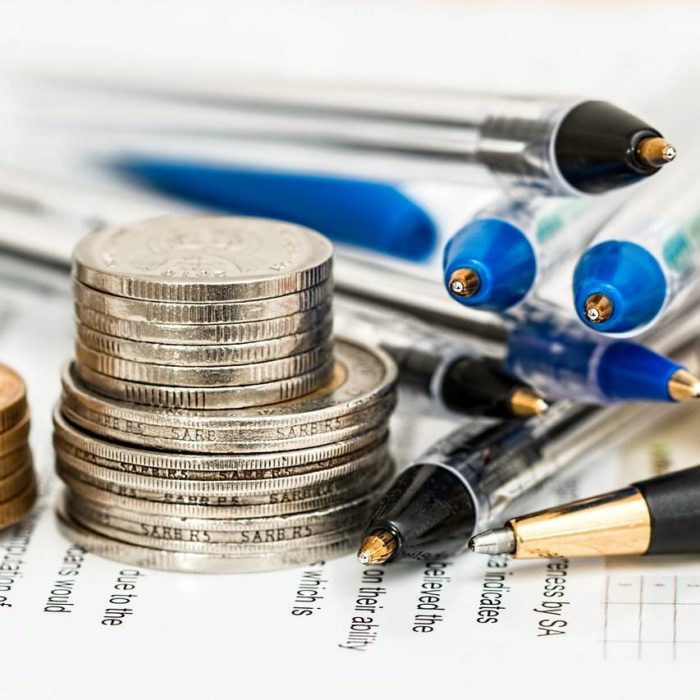Tips For Rebuilding Credit After Bankruptcy
You’ve declared bankruptcy and, whether you know it or not, this will stay on your credit report for the next seven to ten years. Unfortunately, you will likely lose many opportunities and have doors closed to you because the “dark cloud” of bankruptcy hangs over you. Creditors may even be quite blunt in their denials once they take a look at your credit report.
You might feel like you’ll never be able to establish good credit again; do not worry, you are not alone. Many individuals who file for bankruptcy have felt this way before. However, there are many reasons to be hopeful as many before you have managed to persevere through such a difficult ordeal and improved their financial situation significantly because of it.
Below, we share some useful steps you can follow that will help rebuild your credit after bankruptcy.
Rebuilding Credit After Bankruptcy – Helpful Tips
Every positive step that you take in a financial sense after declaring bankruptcy will help to turn your credit around. The first steps you should take include:
- Create A Budget: No matter what your credit score is, it’s always important to have a budget in place. Seek outside consultation if you aren’t sure how to proceed. Creating a spreadsheet is always a good place to start.
- Create An Emergency Fund: Not many Americans have an emergency fund but it is an important financial step to take. Even a few hundred dollars can mean the difference between taking a loan or running up a credit card bill. In the best-case scenario, an emergency fund would be able to cover your monthly expenses for 6-12 months.

After taking these first steps, you can then start to rebuild your credit by:
- Paying off all balances on time. Paying bills on time is incredibly important. It is not only a great way to build credit, but more importantly, it prevents your score from continuing to drop. Think of each monthly on-time bill payment as a small step on the long road towards good credit.
- Inquire about a secure credit card. Although you need to provide funds in advance, this can be another effective tool when it comes to building credit. It can be difficult to be approved for a normal credit card after declaring bankruptcy, but secure credit cards are one method for rebuilding trust with creditors.
- Inquire about a credit builder loan. If you think that you can manage it, contact a local bank about one of these loans. Credit builder loans are exactly what they are called – loans to help build credit, especially after individuals declare bankruptcy. Note – do not seek one of these loans unless you truly need it. Remember that your previous spending habits were what led you to have poor credit in the first place, make sure that you do not make the same mistake again.
- Ask someone to become an authorized user. This means that you will be listed as an authorized user on their credit card, which will be reported to credit bureaus. Although this won’t impact your credit the same way that a personal credit card will, every small step helps.
By making timely payments and repaying debt, you can rebuild your credit and once again show lenders that you are a low-risk consumer.
Additionally, be sure to stay on top of your credit by checking your score regularly. There are many online resources that provide at least one free annual credit report; some banks even provide monthly updates to checking account holders. Once you retrieve your credit report if you find information that is incorrect you can dispute the errors and have them fixed.
How Long Will It Take To Rebuild My Credit?
As much as I would like to give you a straight answer, there is no real answer to this question – the timeline is completely up to you and depends on which steps you take.
Typically, even if you had good credit before declaring bankruptcy, your score will drop by at least 200 points when you declare. However, if you take the right steps you should start to see changes to your credit within 18 – 30 months after you file for bankruptcy. This is as long as you are taking the right steps towards improving your score, many of which I outlined above.
You Can Survive Bankruptcy And Restore Your Credit
You may feel shame or guilt because you’ve filed for bankruptcy and that’s OK. Take this time to regroup and look at this as a fresh start and an opportunity to learn.
Thousands of individuals and couples declare bankruptcy every year and go on to establish good credit. Don’t ever be afraid to ask for help or to consult with a financial expert who can teach you how best to move forward.
Be Sure To Shop Around
Don’t hesitate to seek offers from multiple secure credit card companies and credit building loans. Not everyone has the same financial path and what may work for one individual or family may not work for you.


